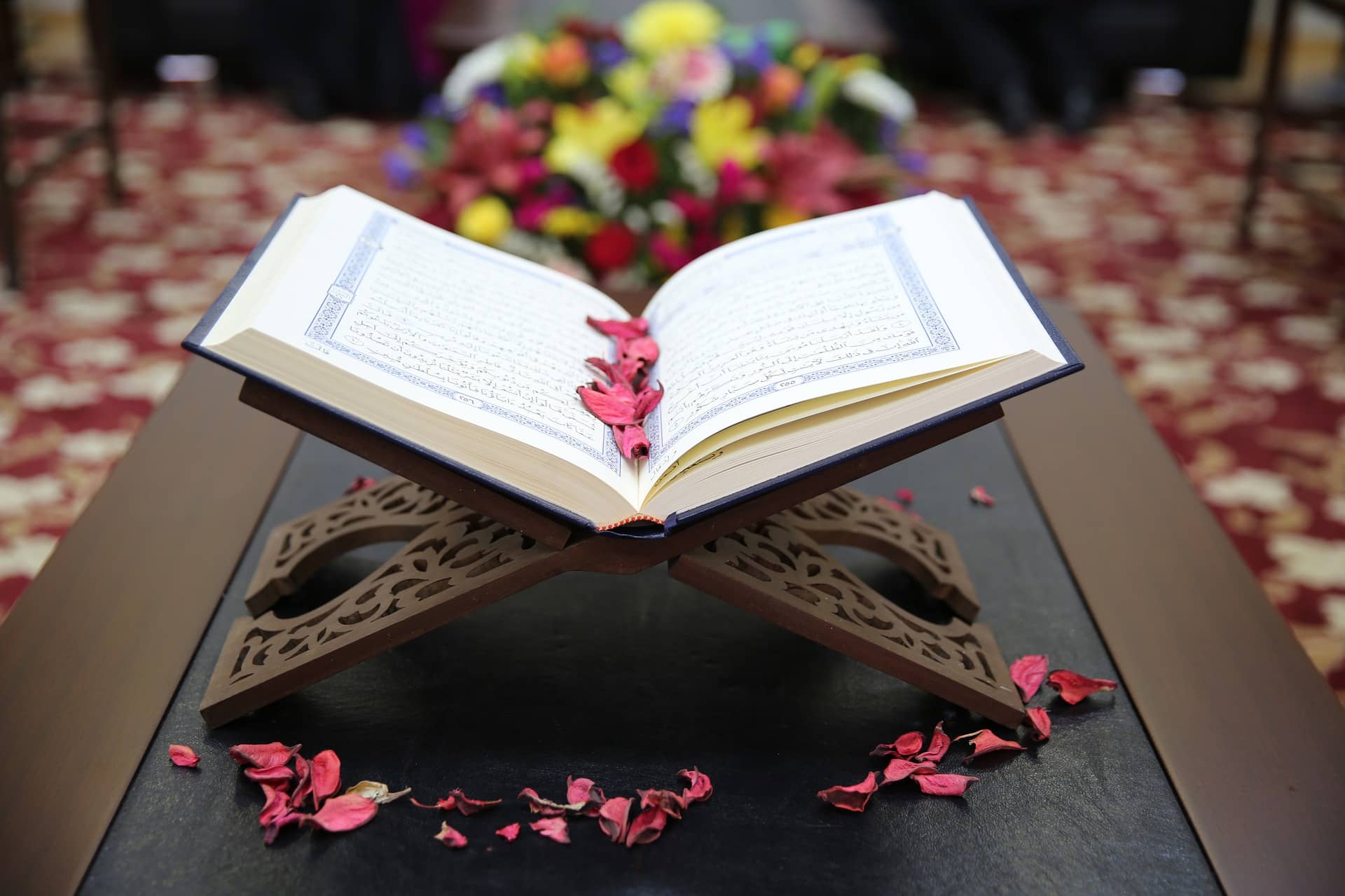Islamic "reformers" vary widely in their beliefs, but they share some critical ideals. Here are six key tenets of reformist Islam.
 |
 |
 |
 |
| |||
 |
Mosque-State Separation--Having seen what happened in Iran, Afghanistan and Saudi Arabia, reformers don't want to see those theocracies duplicated. They believe governments should remain secular and should not enforce Muslim ideology on their populations. Many of them came to the United States to escape obtrusive governments. And although they might actually admire some aspects of Iranian religious life, for example, they recognize that protecting their rights in the United States might involve having such a government also.
Non-Literal Qur'anic Interpretation--Reformers want to examine the text closely, opening it to criticism and questioning. They want to delve into controversial passages, such as those that appear to condone violence against non-Muslims or those that deal with women, including whether it is acceptable for a man to hit a woman, looking honestly at polygamy, and inheritance laws.
Interfaith dialogue--Interested in learning more about their own faith, they also want to know about other faiths, particularly Judaism and Christianity. Reformers want to be an integral part of the American religious scene and are actively striving for Muslims to be part of what President Bush has referred to as the Abrahamic tradition--which includes Muslims.
Embracing Modernity--Reformers don't want to retreat to the isolation of immigrant Muslim groups. They don't want to simply tolerate living in the West. Instead, they want to be part of it and contribute a Muslim viewpoint to life in America.
Emphasis on the Arts--Many reformers want to re-introduce Islamic music, poetry, literature and art from all over the world into worship and community life.

